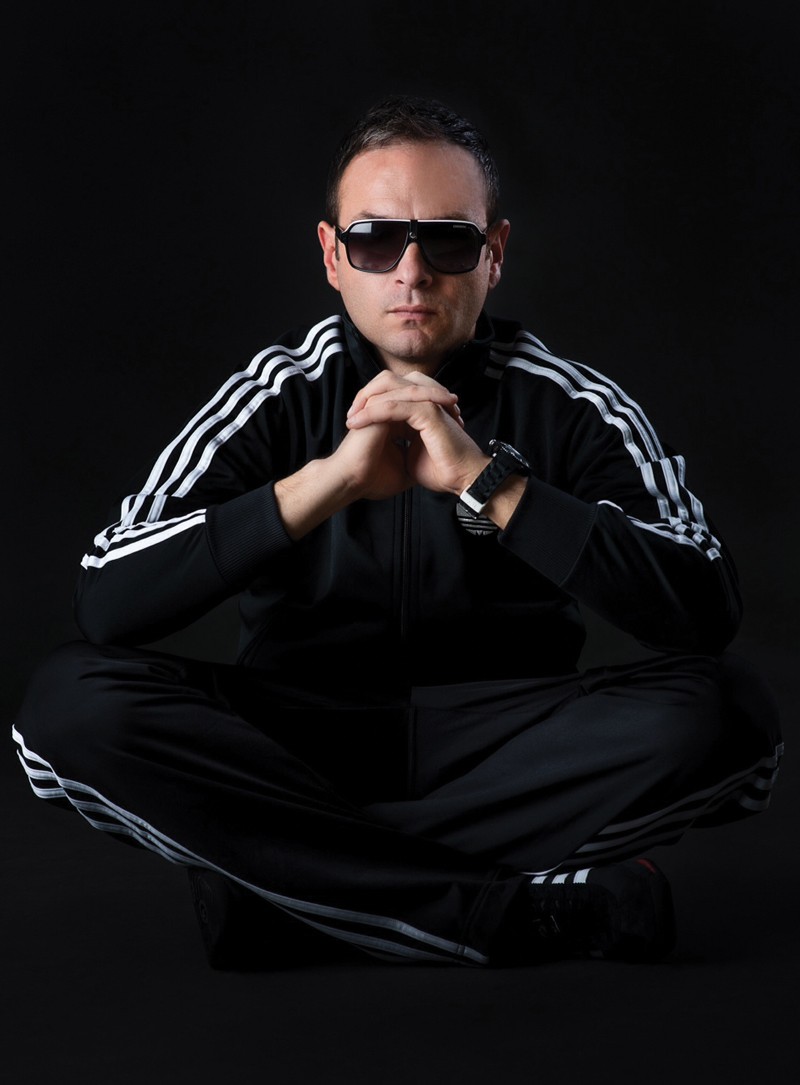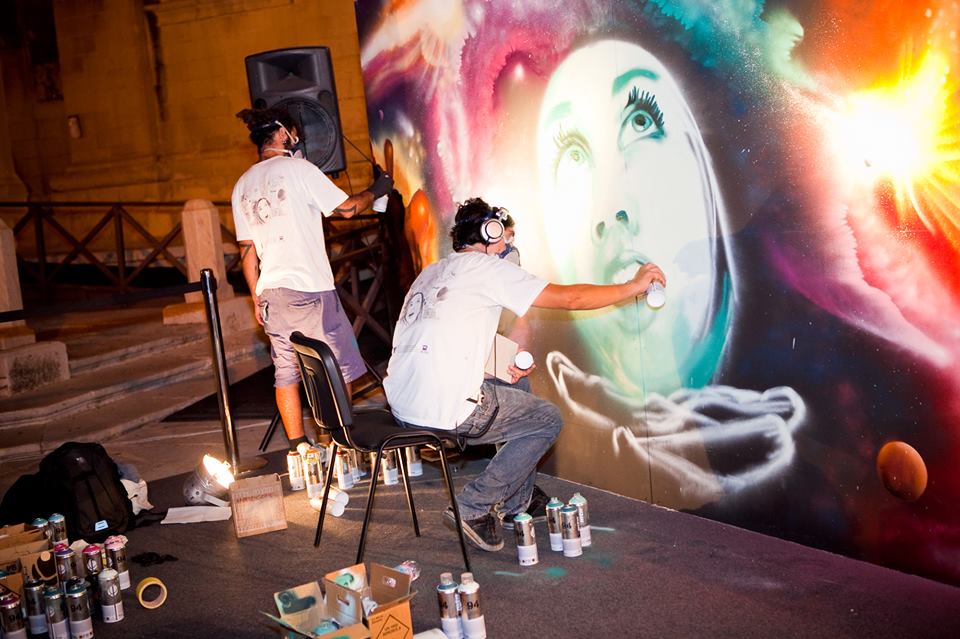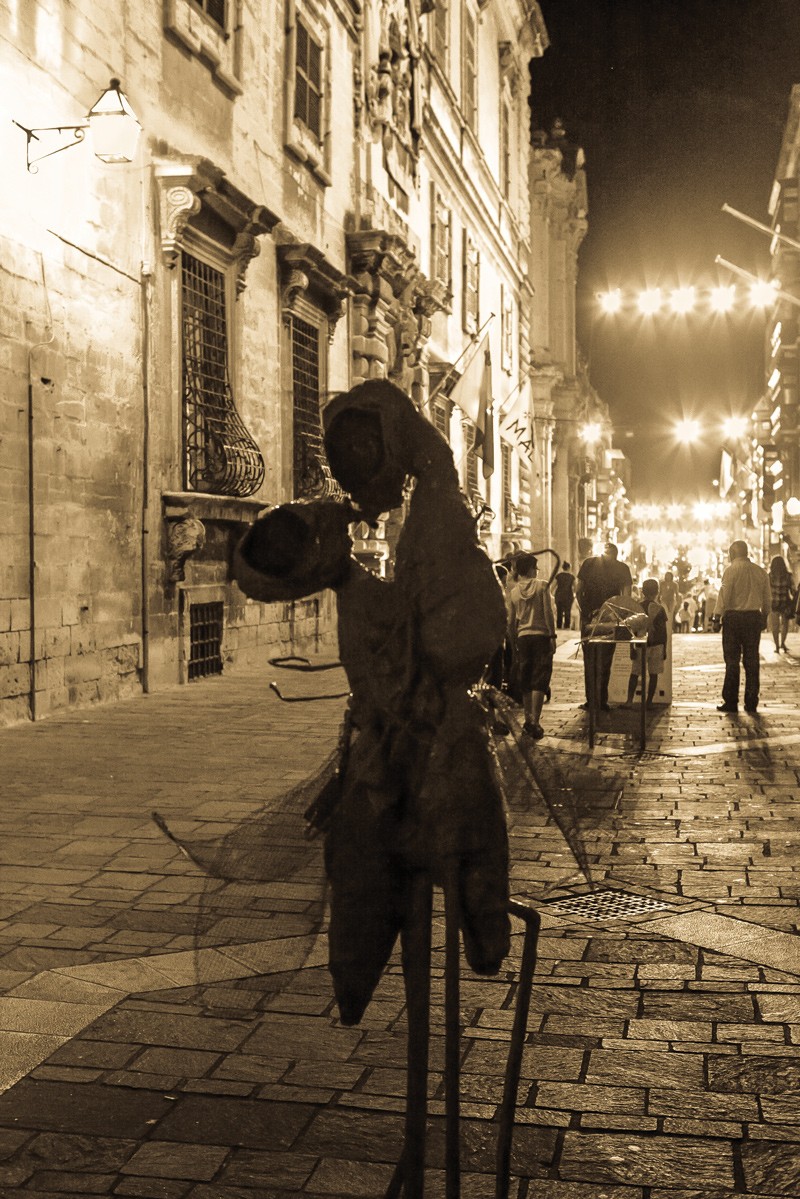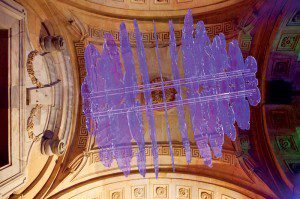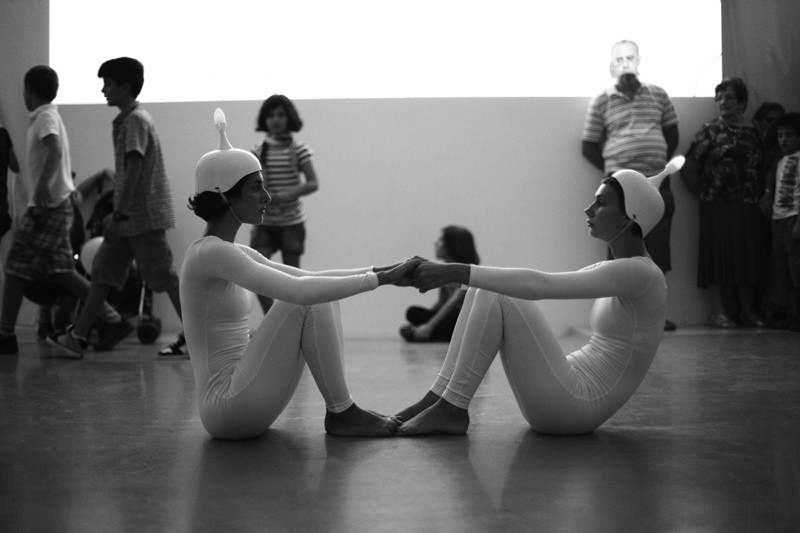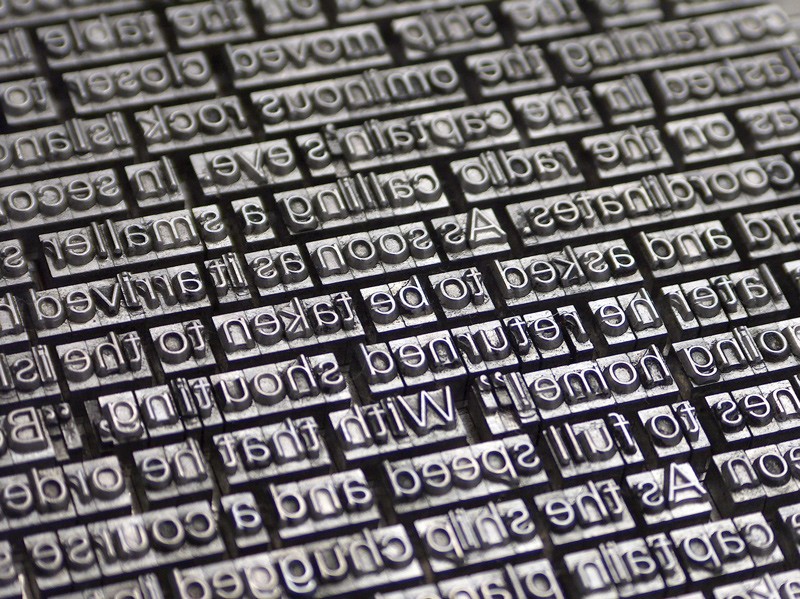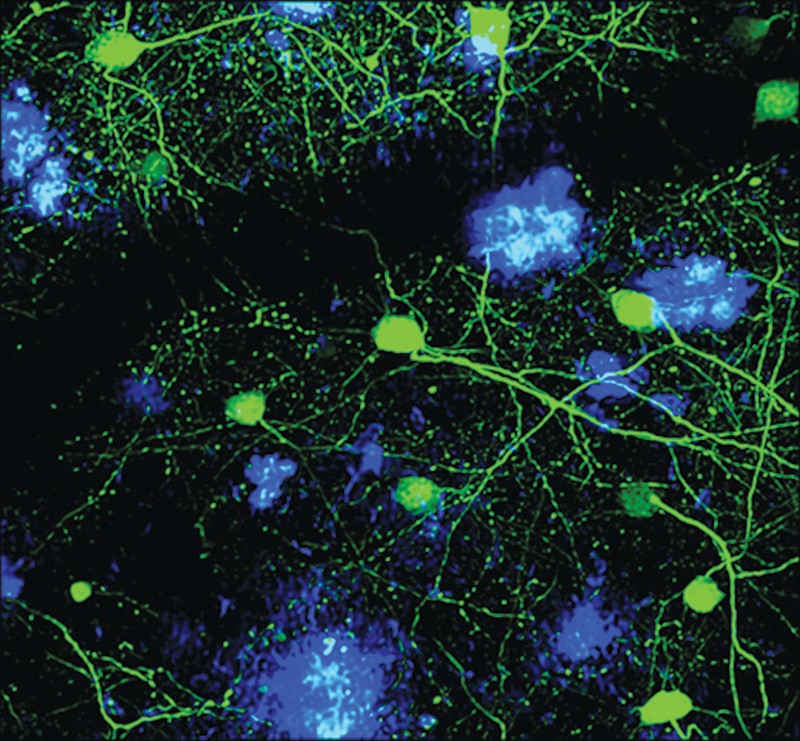Lily Agius, the artistic curator of Science in the City met up with DJ Ruby to talk about science and art. Ruby created a video for Science in the City that will be available in 2013 on scienceinthecity.org.mt
– Recently, you progressed from DJ to VJ (video jockey). Was it a hard transition?
No, not really, because it has taken quite a few years to get it in motion. For the past 5 years I have been working with videography on an amateur basis, but all of a sudden at the beginning of this year I decided to take it on professionally, and in a matter of few weeks I learned all that I needed to.
– Which was the art installation or event that you enjoyed the most?
Certainly the live music session by Andrew Alamango and Mario Sammut a.k.a Cynga. It was electronically based, which is my cup of tea.
– One of the exhibits in the exhibition at St James presented fruit flies within their own eco system in bulbs. These organisms are used to investigate muscle-wasting diseases, obesity, cancer, diabetes, and more. Did you ever imagine that humans could be related enough to a fruit fly to use them to learn more about human disease?
I never knew about it before. I was mesmerised to find out at the exhibition at St. James. That was very interesting!
– How did you feel when interacting with the art: climbing the DNA staircase, or entering the echo-proofed room in Strait Street?
It was an amazing experience, not just as a regular person attending the event but also as film maker while on the job.
– Have you ever been to a festival of its kind in Malta or abroad before?
It was a first for me, and was very impressed about how professional the event was.
– Did you expect to see something more from the festival? Is there anything you would like to see at the festival next year?
Well, from my point of view it may be no surprise to hear me say: more music.
– How would you describe the audience of the Science in the City Festival?
People of all ages and from all walks of life were there — it was certainly an event for everyone!
– Do you think that art can be used to explain science?
Yes it can, Science in the City proved that.
– How does science play its part in your own life?
I am very into IT, computers, software, gadgets and electronic music/visual. Technology is all around me and with me everyday, and forever evolving and improving.
Part of Science in the City, Malta’s Science and Arts Festival
For more stories click here
For more information on DJ Ruby: www.pureruby.com or www.facebook.com/djruby. For Ruby’s videography and visual work: www.facebook.com/puremediamalta

